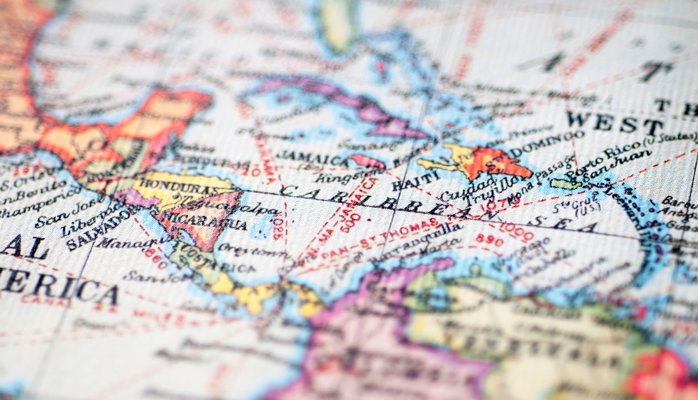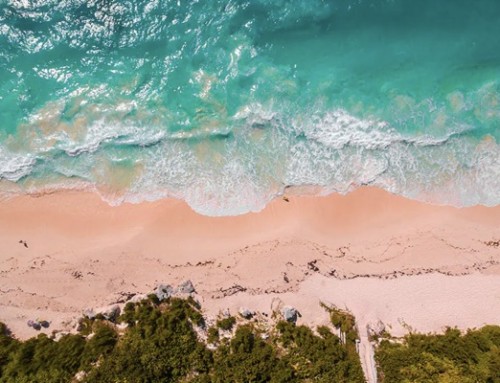In today’s connected world, it is becoming increasingly unlikely that any multinational will promote to a key leadership role any professional who has not proved his or her worth in an international environment.
In seeking to decide where is the best place to go, we sometimes get asked by candidates about the main differences between the Islands: The truth is that, whilst there are differences (in terms of size, population, character, exact location), the similarities (career choices, financial and tax benefits, lifestyle on offer, types of people who move there, available employers) will often hugely outweigh any such variations.
That said, and whilst certainly not claiming to be comprehensive, here’s a snapshot view of just some of the differences:
- BERMUDA is the UK’s oldest overseas territory and, contrary to popular misconception, is not in the Caribbean though the lifestyle is of a comparable nature. Highly developed, Bermuda lies further north, off the east coast of the United States, level with the top of South Carolina. Bermuda has a year-round population (65,000) that’s larger than that of the BVI and Cayman Islands and retains an intriguing mix of British, American and local cultures. Green and sub-tropical, it’s sometimes referred to as the World’s Risk Capital on account of it’s huge insurance sector, which accounts for a large part of its economy and creates opportunities for international, upwardly mobile professionals. Arguably, it’s the number one requested destination for job-seekers who come to us looking to move abroad
- The BRITISH VIRGIN ISLANDS – nature’s little secrets as they are marketed by the BVI Tourist Board – are in the northeastern part of the Caribbean. Home to Richard Branson, the population is smaller than that in Bermuda or Cayman. The BVI retains an unspoiled, authentic character. With rolling hills, secluded beaches and beautiful waters, it’s often also described as the Sailing Capital of the World. The financial services sector is not quite as advanced as in some other jurisdictions but it has more than made up for this with legislative innovations that promise an interesting future for finance and legal professionals who ‘want to make things happen’
- The CAYMAN ISLANDS are often one of the first jurisdictions that come to people’s minds when they imagine offshore centres. And rightfully so. Hot year-round and very flat, the Islands have a mid-sized population. The Cayman Islands are located in the Caribbean, not far from Jamaica off the east coast of Florida; they have a much more American feel than the other destinations compared here. Attractions include diving and its famous Seven Mile Beach. The funds and banking sector is the main engine for the financial services economy, leading to opportunities for expat professionals in finance and law
- The CHANNEL ISLANDS of Guernsey and Jersey are located just off the south coast of the United Kingdom, close to France. Jersey has a larger population than all the locations compared above and the lifestyle on offer is comparable – though without the guaranteed sunshine that comes with being in the Caribbean! The Channel Islands have their own currency (allied to the British pound) in comparison to the other Islands that have local dollar currencies pegged at fixed exchange rates to the greenback
As far as employment opportunities go, there are openings across the Caribbean for suitably qualifieds in locations not included above (such as Barbados, the Bahamas, Turks & Caicos). However, the majority of new jobs in that part of the world arise in Bermuda, the BVI and the Cayman Islands. You’ll find detailed information on all these jurisdictions elsewhere on the Hamilton Recruitment website.
If you are a lawyer or accountant and interested in working in the Bermuda/Caribbean region, visit our jobs portal to see the latest vacancies. Our site also includes a downloadable All You Need to Know guide which will tell you all you need to know about living and working offshore.





![Enjoy All Your Bermuda Days [Video]](https://www.hamilton-recruitment.com/wp-content/uploads/2022/06/Parade-700x400-1-500x383.jpg)
![Bermuda Careers for Actuaries [Video]](https://www.hamilton-recruitment.com/wp-content/uploads/2022/03/Video-Actuaries-700x400-1-500x383.jpg)
Good morning,
Please would you advise if your services covers recrutiment for trust administrator with STEP Certificate amd Diplomas.
I am looking forward to hear from you.
Thank you for your kind help with this matter.
Yours sincerely,
Luiza